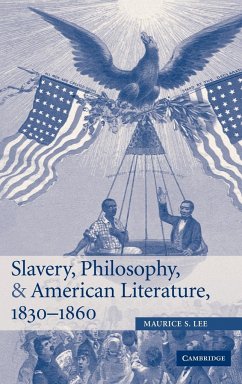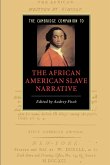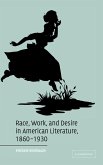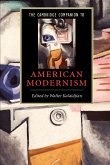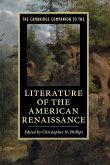Examining the literature of slavery and race before the Civil War, Maurice Lee, in this 2005 book, demonstrates how the slavery crisis became a crisis of philosophy that exposed the breakdown of national consensus and the limits of rational authority. Poe, Stowe, Douglass, Melville, and Emerson were among the antebellum authors who tried - and failed - to find rational solutions to the slavery conflict. Unable to mediate the slavery controversy as the nation moved toward war, their writings form an uneasy transition between the confident rationalism of the American Enlightenment and the more skeptical thought of the pragmatists. Lee draws on antebellum moral philosophy, political theory, and metaphysics, bringing a different perspective to the literature of slavery - one that synthesizes cultural studies and intellectual history to argue that romantic, sentimental, and black Atlantic writers all struggled with modernity when facing the slavery crisis.

